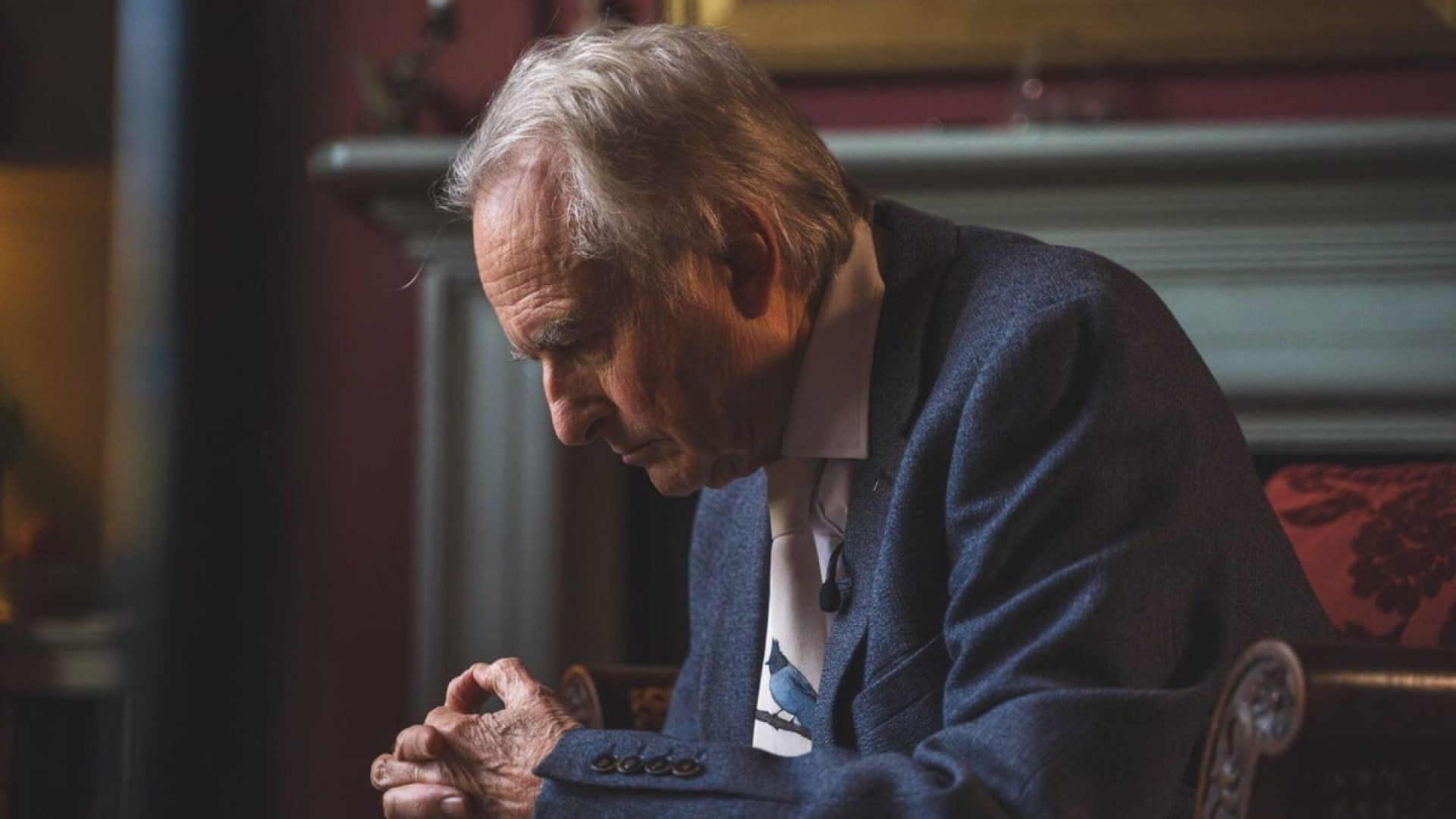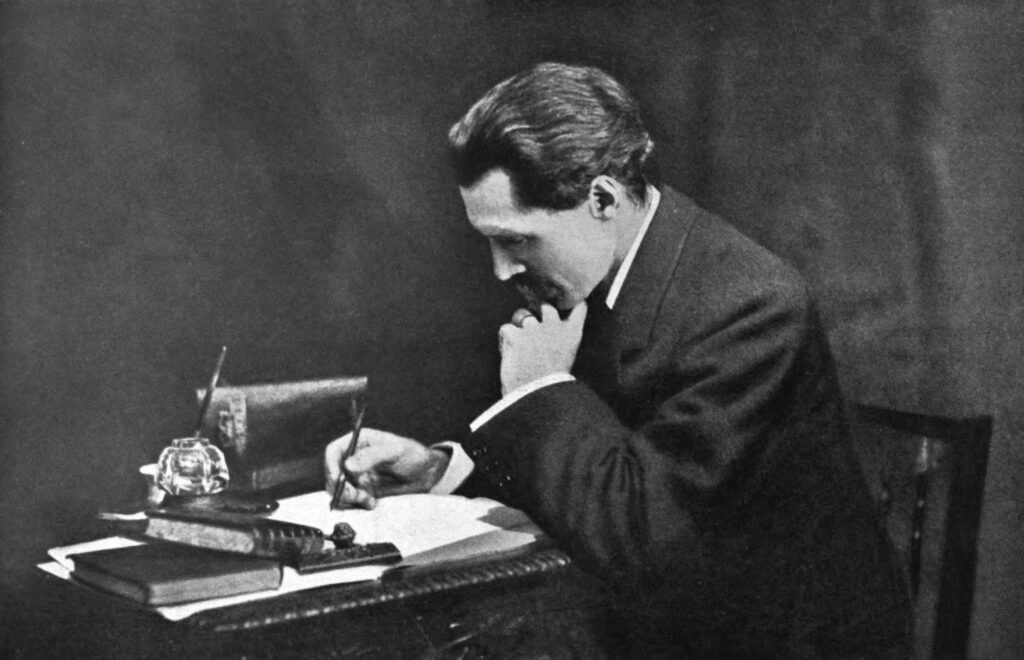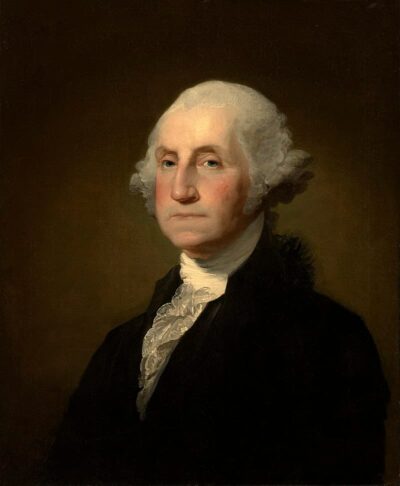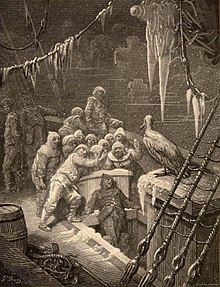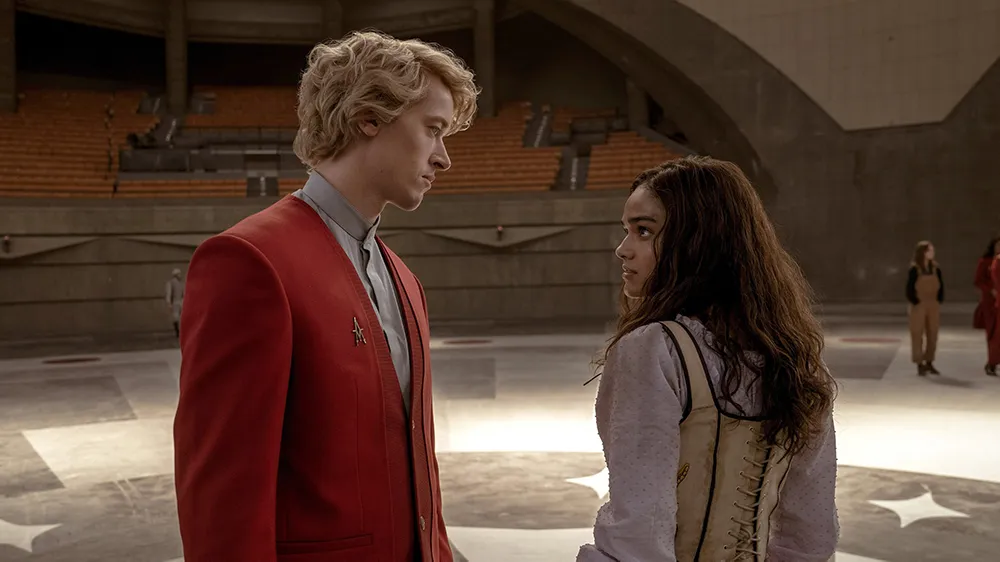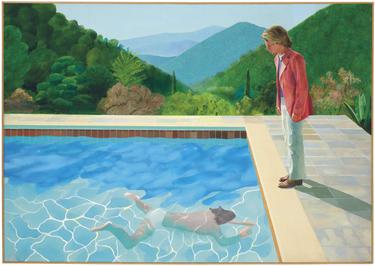Virginia Woolf: ‘To the Lighthouse’s Classical Overture
Here I explore Virginia Woolf’s seminal and sublime snapshot of life, To The Lighthouse – and in the process wonder whether the novelist’s unique style is one that crosses boundaries the between writing and music.
Read more
